Session Description
Teachers are very much needed in the islands of the Federated States of Micronesia and the College of Micronesia-FSM is a junior college where students begin their education at especially where they study the field of education in order for them to become successful teachers in the future. This project will also be focusing on the students where they will be trained in the field of elementary education where they will be introduced to education terminology, lesson planning, history of education, classroom management observations, curriculum standards, and principles of assessment. These students are expected to learn these important things during their second-year degree program first in order to proceed on to the third and fourth year courses level as well. These Education major students will be learning different education terminologies that will help them use the basic terminologies for their projects throughout their studies in Education. These students will also be trained to create lesson plans where they will be creating lesson objectives using the FSM curriculum book. The goal of this project is to be able to gain more students to graduate with a degree in Education and be able to teach at the elementary schools of the Federated States of Micronesia.
Presenter(s)
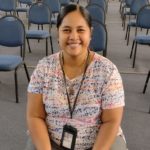 Pearl Habuchmai
Pearl Habuchmai
University of Hawaii at Manoa
Kaselehlie and Aloha to all. My name is Pearl Habuchmai Olter-Pelep and I’m from the outer island of Yap, Chuuk, and I was born and raised in Pohnpei. Yap, Chuuk and Pohnpei are three states within the Federated States of Micronesia. I’m currently living in Pohnpei and working at the College of Micronesia-FSM. I’m an assistant professor at the Education division and have been teaching for almost 6 years now. Teaching is everything to me since I’m raised by parents who are teachers. Both my husband and I attended the University of Hawaiʻi at Hilo where he earned his master of arts degree in tropical conservation biology and environmental science. I got my bachelor of arts degree in psychology and received my master of arts degree in educational leadership at San Diego State University. Teaching is a passion for us and one thing that I’d like to share about us is that we both attended the college that we are now working at.

 Sasha Mohd Sivan
Sasha Mohd Sivan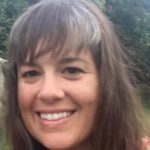 Tamara Smith
Tamara Smith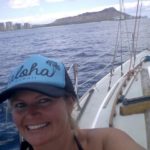 Lindsey Brown
Lindsey Brown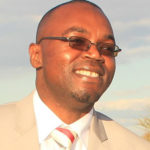 Jean-Pierre Kabeya Lukusa
Jean-Pierre Kabeya Lukusa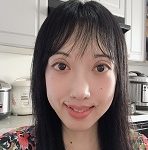 Moe Kitamura
Moe Kitamura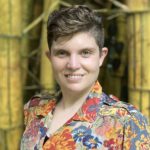 Skyler Smela
Skyler Smela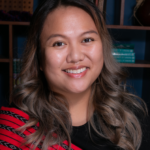 Rebecca Carino-Agustin
Rebecca Carino-Agustin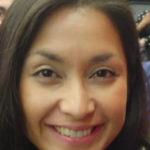 Michelle Kunkel
Michelle Kunkel